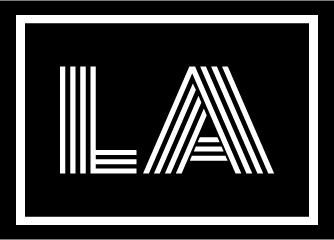A payment orchestration platform provides tools and services to simplify and manage the payment processing lifecycle. Transaction routing, cascading, fraud prevention, automated reconciliation and settlements, vaulting, tokenization, compliance, and in-depth analytics and reporting are all examples of typical fundamental aspects. Payment orchestration simplifies financial transactions and payment infrastructure management.
The Industry’s Finest Available Systems
Now that you know what to look for in a payment orchestration platform, we’ll go through five of the best options available:
1. Akurateco
Akurateco offers a white-label payment orchestration platform. This single connection gives businesses access to over 300 payment channels, integrated data reporting and management, and a payments calendar for tracking recurring transactions. Cascading, a feature of Akurateco, may enhance conversion rates by as much as 30% and raise approval rates by up to 20% for merchants. Better business choices may be made with the support of their centralized, real-time monitoring of payment statistics.
Offering new payment choices, minimizing rejected transactions, and simplifying refunds may help businesses develop and keep customers. Data-driven decision-making, efficient traffic distribution, and high-risk credit card processing are enabled by Akurateco. CMS Plugin, Mobile SDK, API rest/API soap, and Hosted Payment Page (HPP) are just few of the integration choices made available by Akurateco.
2. Inai
Inai automates payments between companies and their vendors, suppliers, partners, and customers.
Inai’s modular and adaptable payment orchestration idea may simplify your company’s payment processes. The payment aggregation platform’s real-time dashboard shows your whole cash flow. Businesses may customize their inai experience by choosing users and subscription term.
3. Payoneer
The Payoneer orchestration platform lets merchants take payments from over 200 countries in 150 currencies. Payoneer’s ERP-integrated global payments automation technology reduces risk, enables many payment options, and improves operational efficiency, security, and compliance. Merchants may expedite payment collection by settling accounts in bulk, eliminating chargebacks, automating reconciliation and settlements, and minimizing transaction costs. Payoneer offers tax services, online reporting, and various communications modes. iFrame, HPP, and non-integrated are the four integration options.
4. Ikajo
Ikajo’s payment orchestration platform connects retailers to over 100 payment processors and 150 currencies with one connection. Bitcoin, major credit cards, and alternative payment methods (PayPal, Klarna) are accepted. Merchants may quickly alter priorities, activate or disable payment methods, and see real-time transaction data with this simplified interface. Ikajo supports multiple payment formats, automated reconciliation, and payment schedules. Their clever routing technology helps firms identify the best provider for each transaction, raising conversion rates by 30%. The cascade function may increase approval rates by 20%. High-performance computing and RESTful and SOAP API connections are supported by Ikajo.
5. Spreedly
Spreedly makes money processing from practically any gateway or service easy for merchants, marketplaces, and platforms. Spreedly’s POP lets you optimize many payment processors and services. Thus, the retailer maximizes sales ROI and payment system flexibility. The program advises online stores based on pre-processed data on their performance and compares them to competitors. The technical teams may employ instruments. These allow for in-depth transaction analysis to optimize the payment stack.

